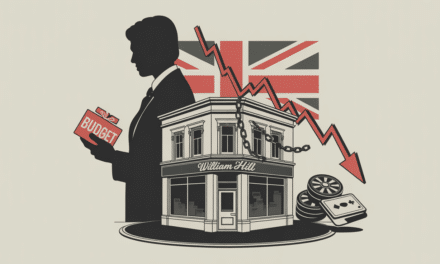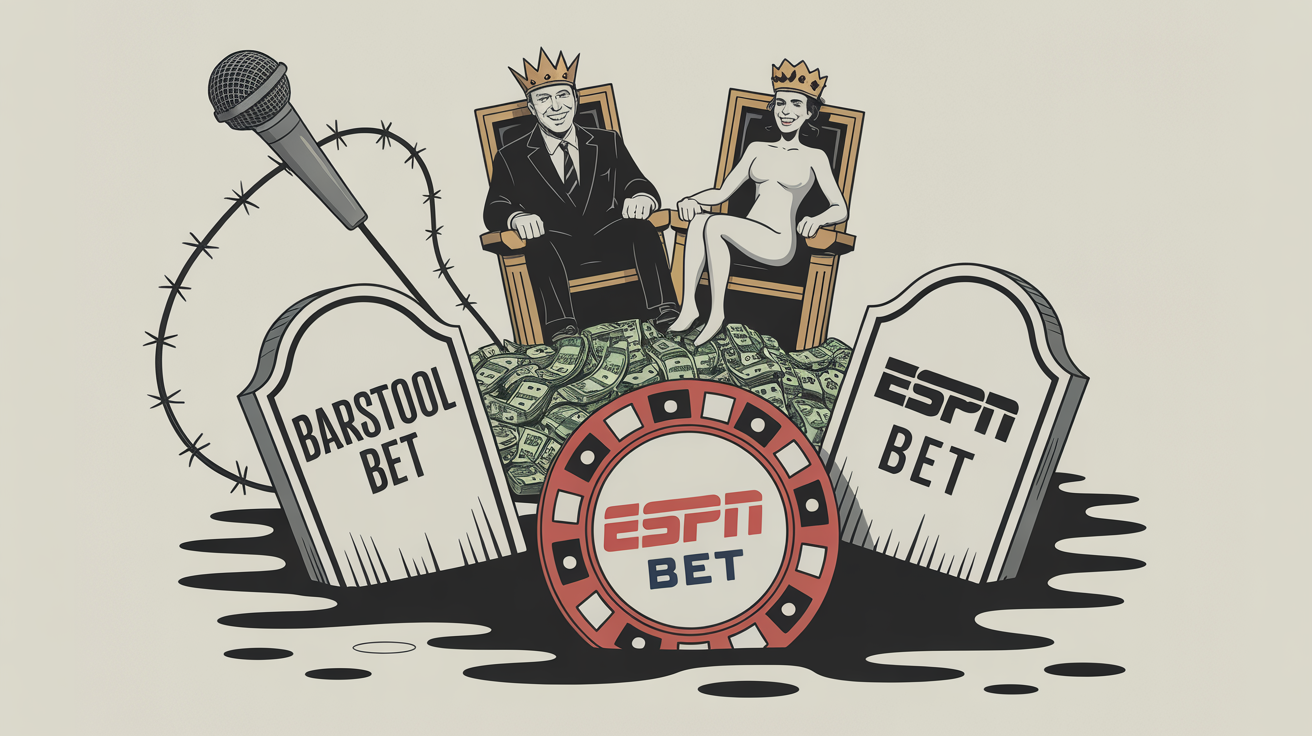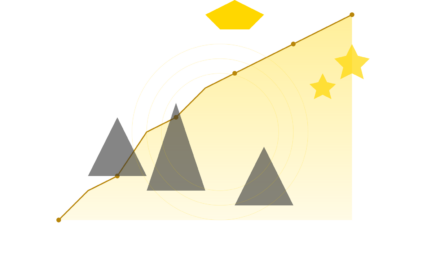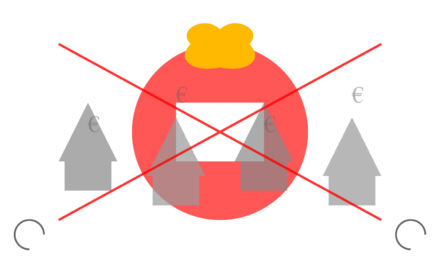The Scam: A Digital Heist on Partouche’s Brand
The Autorité Nationale des Jeux (ANJ), France’s gambling regulator, has been waving red flags about this trend. Illegal online gambling is booming, driven by slick marketing and zero accountability. Unlike Partouche’s 41 regulated casinos, these rogue sites offer no player protections, no addiction safeguards, and no guarantees you’ll ever see your winnings. The ANJ warns that players are falling for “misleading promises of gains,” and the fallout isn’t just financial—it’s a public safety issue, fueling addiction and organized crime.
Meta’s Role: Partner or Enabler?
Enter Partouche’s big announcement: a collaboration with Meta to “strengthen the fight” against these fraudulent ads. The plan? Faster reporting and removal of content that misuses Partouche’s brand on Facebook and Instagram. It’s a step, sure, but let’s not pop the champagne. Meta’s platforms have been a playground for illegal gambling ads for years, and Partouche isn’t the first victim—rival Barrière’s been hit too. The fact that it’s taken this long for Meta to team up with a major operator like Partouche smells like damage control, not leadership.
Meta’s track record doesn’t inspire confidence. In February 2025, The Guardian exposed gambling firms secretly sharing user data with Meta via tools like Meta Pixel, targeting vulnerable players without consent. In Belgium, Meta’s under fire for allegedly promoting illegal gambling through loot box ads in mobile games. And in Colombia, Meta’s been tapped to block illegal gambling profiles, but only after regulators like Coljuegos turned up the heat. The pattern’s clear: Meta acts when the PR gets bad or regulators twist their arm. Partouche’s partnership might speed up takedowns, but it’s a Band-Aid on a platform that’s been complicit in the problem.
The Root Cause: A Regulatory and Platform Failure
-
Social Media’s Wild West: Platforms like Facebook and Instagram are ad-driven machines, and their algorithms don’t care if the money’s clean. Fraudsters exploit this by mimicking legit brands like Partouche, knowing takedowns are slow and penalties are rare. A DIF report found Meta hosted 1,040 gambling-related ads in India alone, many tied to illegal operators.
-
Regulatory Lag: France’s ANJ is tough on paper, but illegal operators thrive offshore, beyond its reach. The ANJ’s warnings about unregulated sites are loud, but enforcement’s a slog—cross-border scams are a jurisdictional nightmare. Partouche’s call for “intensified” action from authorities is a polite way of saying regulators need to get their act together.
-
Player Vulnerability: Illegal sites prey on players with flashy ads and no red tape. No KYC, no betting limits, no reality checks—just a dopamine hit and a drained bank account. Partouche’s regulated casinos, with their strict compliance, can’t compete with that kind of reckless allure.
-
Brand Exploitation: Partouche and Barrière aren’t random targets. Their established reputations make them perfect fronts for scammers. The longer these ads run, the more trust erodes—not just in Partouche, but in the entire regulated iGaming sector.
What’s at Stake?
The rise of illegal gambling isn’t just a headache for Partouche—it’s a ticking time bomb for the industry. Unregulated sites fuel addiction, money laundering, and fraud, siphoning revenue from legal operators who play by the rules. The iGaming market’s projected to hit $153 billion by 2030, but that growth’s at risk if players can’t trust the system. Partouche’s 2024 turnover of €434.3 million shows it’s a major player, but even giants can’t weather endless brand damage.
Can Partouche and Meta Turn the Tide?
-
Platform Accountability: Social media giants must face fines or bans for hosting illegal gambling ads. Colombia’s crackdown, blocking 10,000 sites and 289 Meta profiles, shows what’s possible when regulators flex.
-
Global Enforcement: Interpol-level coordination could target offshore operators, but that’s a long shot. For now, France’s ANJ should push for EU-wide sanctions on rogue platforms.
-
Player Education: Partouche’s right to emphasize its regulated status, but the industry needs campaigns to teach players how to spot legit operators. Think “check the ANJ license” banners, not just press releases.
-
Tech Solutions: Biometric ID verification and blockchain-based tracking could lock out illegal sites, but adoption’s slow. Companies like TransUnion and Sumsub are leading here, but Partouche isn’t mentioning them—yet.
The Verdict: A Half-Step Forward
Partouche’s Meta collaboration is a flashy headline, but it’s not a game-changer. The iGaming industry’s drowning in illegal operators, and social media’s a megaphone for their scams. Partouche is doing what it can—protecting its brand, leaning on Meta, and waving the responsible gaming flag—but it’s fighting a hydra. Every ad taken down is replaced by ten more, and Meta’s incentives are still misaligned.





